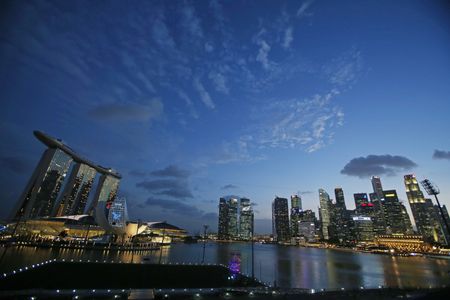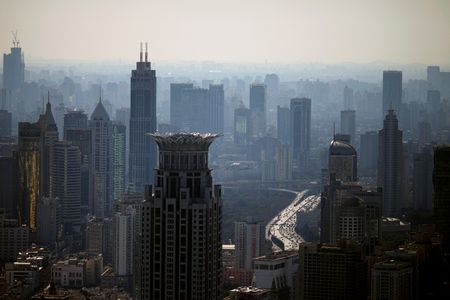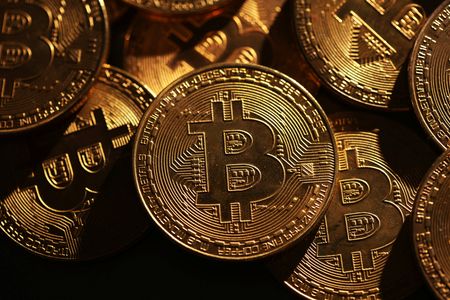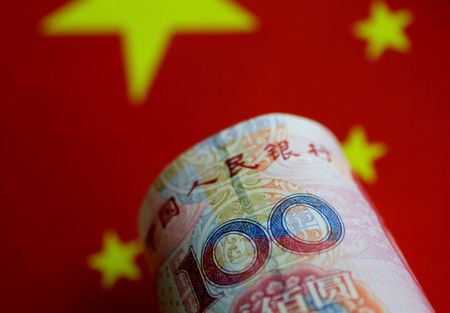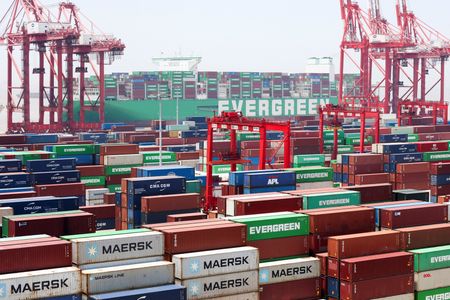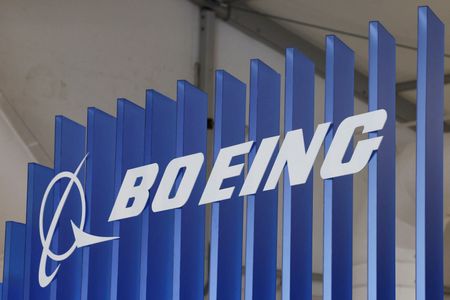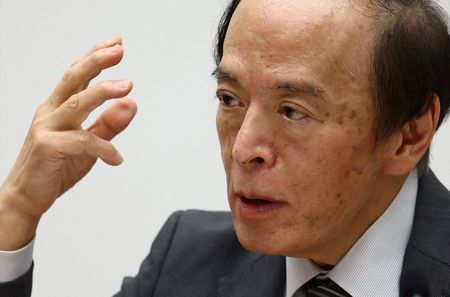By Xinghui Kok
SINGAPORE (Reuters) -Singapore’s economy grew a faster-than-expected 4.3% in the second quarter year-on-year, preliminary government data showed on Monday, despite a dimming outlook due to global economic uncertainty.
The trade ministry’s advance estimate for gross domestic product in the April to June period compared to an expected expansion of 3.5% according to economists polled by Reuters.
On a quarter-on-quarter seasonally adjusted basis, GDP gew 1.4% in the April to June period, the advance estimates showed, avoiding a technical recession after the first quarter’s revised 0.5% contraction.
“The economy is holding up despite tariff and geopolitical shocks. The de-escalation in the U.S.-China tariff war and front-loading of exports during the 90-day reprieve has cushioned the tariff shocks,” said Maybank economist Chua Hak Bin.
On Thursday, Trade Minister Gan Kim Yong said the economy likely held up well in the first half of 2025 as businesses took advantage of the pause in tariffs to front-load exports to the U.S., but warned that growth could slow in the next six to 12 months.
The trade ministry in April downgraded the city-state’s GDP forecast for 2025 to a range of 0% to 2% from 1% to 3%.
Maybank’s Chua said his team’s forecast for Singapore’s GDP for 2025 is 2.4%. He expects the central bank to maintain its monetary policy settings at the upcoming review this month given the strength of the economy.
U.S. President Donald Trump notified more than 20 countries last week of tariffs of 20% to 50% that will kick in from August 1, warning that any reprisals would draw a like-for-like response.
Singapore has not yet received a letter from the Trump administration this round and its exports are still subject to the 10% baseline tariff announced in April.
The tariff was levied on Singapore despite a free trade agreement in place with the island nation since 2004.
Gan has said he will travel to the U.S. for trade talks at the end of July with the aim of securing pharmaceutical concessions.
Trump said he would impose a 50% tariff on copper and soon introduce long-threatened levies on semiconductors and pharmaceuticals, broadening a trade war that has rattled markets worldwide.
(Reporting by Xinghui Kok; additional reporting by Jun Yuan Yong; Editing by Martin Petty)

